Using trusts in estate planning can be a beneficial strategy to safeguard your estate and manage your assets according to your wishes. Trusts offer benefits such as controlled asset distribution, enhanced privacy, potential tax advantages, and the ability to manage wealth beyond your lifetime. This article explores how incorporating trusts into your estate plan may help you protect your assets while addressing key considerations for you and your beneficiaries.
Potential Benefits of Using Trusts in Estate Planning
Trusts won’t be right for everyone, yet if you decide to use these tools in safeguarding your estate, you may take advantage of these potential benefits:
Avoiding the Probate Process
One of the potential benefits of a trust is its ability to potentially avoid the probate process. Probate can be time-consuming, public, and expensive, with costs and delays reducing the value of the estate passed on to your heirs. Assets held in a trust are transferred to beneficiaries without the need for probate, allowing for a smoother and more private transition of assets.
Gaining Control Over Asset Distribution
Trusts provide significant control over how and when your assets are distributed. This is particularly useful for beneficiaries who might not be financially responsible or for ensuring that specific conditions are met before distribution, such as reaching a certain age or achieving a specific milestone like graduation.
Protecting Your Assets
A properly structured trust can protect your assets from creditors, legal judgments, and even divorce settlements. This protection is crucial for preserving your estate’s value for your beneficiaries and can be especially important for professionals in high-liability careers or those with significant estate sizes.
Enjoying Tax Advantages
Certain types of trusts can offer tax advantages, including reducing estate taxes for high-value estates. By correctly structuring a trust, you can minimize the tax burden on your estate so that a larger portion of your assets is passed on to your beneficiaries.
Considerations When Using Trusts in Estate Planning
As with any strategy for safeguarding your estate, it’s important to consider potential drawbacks:
Complexity and Cost
Creating and managing a trust can be complex and requires the assistance of an experienced estate planning attorney. The initial setup and ongoing management of a trust involve costs that should be weighed against the potential benefits. It’s important to consider whether the value of your estate justifies the expenses associated with a trust.
Irrevocability
Some trusts are irrevocable, meaning they cannot be altered or revoked once they have been established. This permanence requires careful planning and certainty about the trust’s terms and conditions, as changes cannot be made if your circumstances or intentions change.
Tax Implications
While trusts can offer tax advantages, they also come with their own set of tax rules and potential liabilities. For example, irrevocable trusts are typically subject to their own income tax rates, which can be higher than individual rates for certain types of income. Understanding the tax implications of the trust you choose is essential to avoid unforeseen tax burdens.
Trustee Selection
Choosing the right trustee is crucial, as this individual or institution will be responsible for managing the trust and executing your wishes. The role requires trustworthiness, financial acumen, and an understanding of your objectives. Depending on the complexity of the trust, a professional trustee may be necessary, which can add to the cost.
Concluding Thoughts on Using Trusts in Estate Planning
Using trusts in estate planning is a strategic way to safeguard your estate, offering benefits such as avoiding probate, protecting assets from creditors, and enabling tax efficiencies. Trusts also allow for precise control over the distribution of your assets, ensuring they align with your legacy goals. However, implementing trusts requires careful consideration of their complexities and costs. By working with knowledgeable professionals, you can effectively incorporate trusts into your estate strategy to protect your assets and secure your intentions for future generations.
Would you like to know more? At Principal Preservation Services, we can help you explore the potential of trusts and other tools to help you develop a comprehensive plan suited to your needs and circumstances. Contact us today to learn more about how we serve our clients. We look forward to hearing from you!









